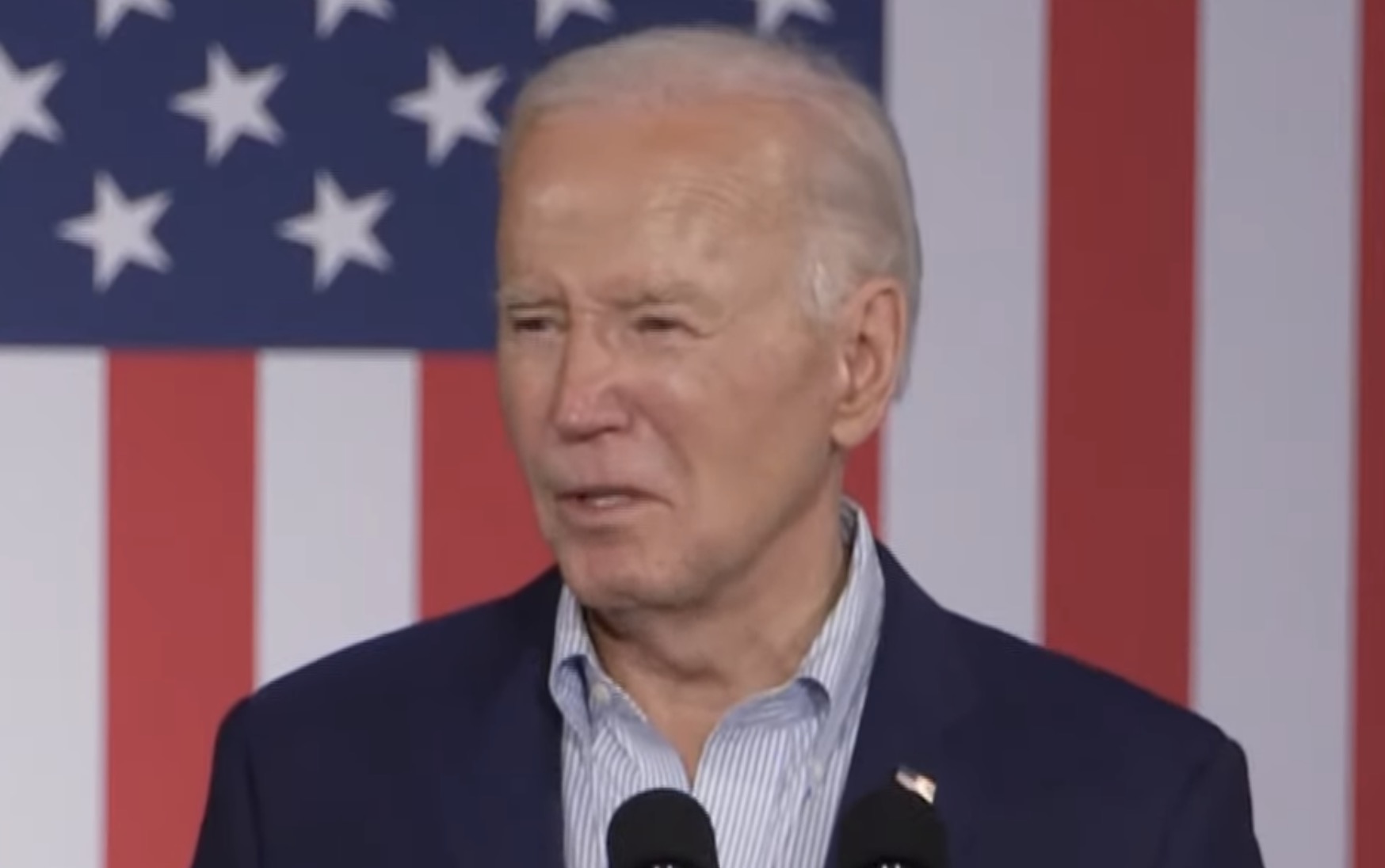The EEOC has taken legal action against Sheetz, claiming that the company’s hiring policy unfairly impacts minority applicants, although not accusing them of intentional discrimination.
EEOC’s Allegations Against Sheetz
The Equal Employment Opportunity Commission (EEOC) has filed a lawsuit against the convenience store chain Sheetz. The suit alleges that Sheetz’s policy of denying employment to applicants with criminal records disproportionately affects black, Native American, and multiracial individuals. The EEOC contends that this hiring practice violates federal laws that prohibit employment policies negatively impacting minorities.
“Sheetz has maintained a longstanding practice of screening all job applicants for records of criminal conviction and then denying them employment based on those records,” stated the EEOC.
Sheetz’s Response and Commitment to Diversity
Sheetz has refuted the allegations and emphasized its dedication to diversity and inclusion. The company highlighted its ongoing efforts to resolve the dispute with the EEOC. On the same day the lawsuit was announced, President Biden visited a Sheetz location, which sparked questions regarding his awareness of his administration’s claims against the company.
“Diversity and inclusion are essential parts of who we are,” said company spokesman Nick Ruffner said. “We take these allegations seriously. We have attempted to work with the EEOC for nearly eight years to find common ground and resolve this dispute.”
EEOC’s Legal Actions and Goals
The EEOC aims to compel Sheetz to offer jobs and back pay to those denied employment due to their criminal background check policy. According to EEOC Regional Attorney Debra M. Lawrence, “Federal law mandates that employment practices causing a disparate impact because of race or other protected classifications must be shown by the employer to be necessary to ensure the safe and efficient performance of the particular jobs at issue.” She added, “Even when such necessity is proven, the practice remains unlawful if there is an alternative practice available that is comparably effective in achieving the employer’s goals but causes less discriminatory effect.”
Significance of Second Chance Month
EEOC Philadelphia District Office Director Jamie R. Williamson commented on the broader implications of this case, stating, “This highlights the significance of the observance of April as Second Chance Month, underscoring our nation’s commitment to reintegrating individuals with criminal records into society by ensuring they have fair access to employment and other essential services. To that end, the EEOC is dedicated to making sure that individuals with criminal records are not unlawfully excluded from employment opportunities because of race.”
Source: Newsroom


Can you be more specific about the content of your article? After reading it, I still have some doubts. Hope you can help me.
Оружейная палата путешествие в москву из молодечна Сокровищница русских царей — кареты, корона, доспехи, яйца Фаберже
Старый Арбат и переулки горящий тур в москву из молодечно Прогулка по атмосферным московским дворикам и особнякам
Просто хорошая квартира снять квартиру на сутки в молодечно
. Удобная кровать, горячая вода, быстрый интернет. Ждем в гости!